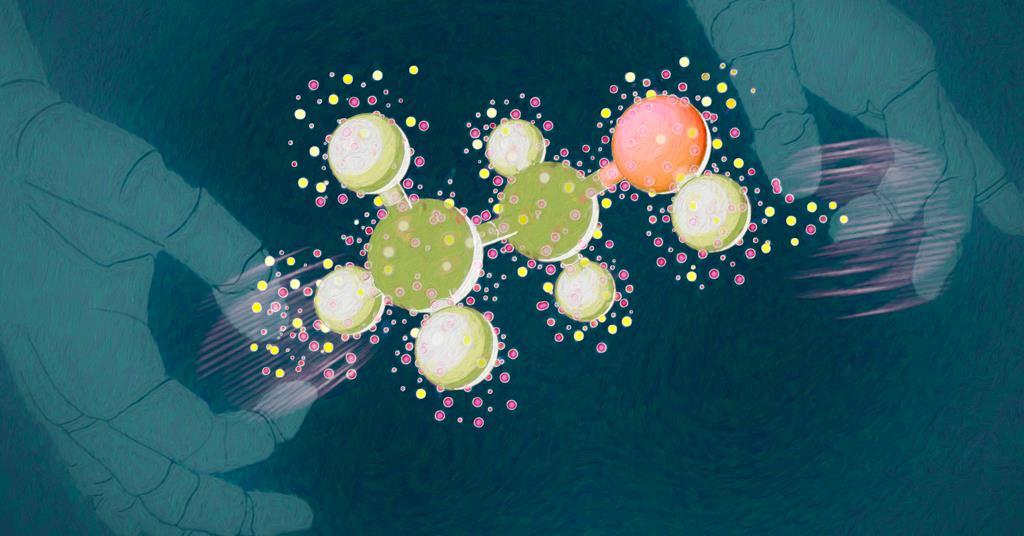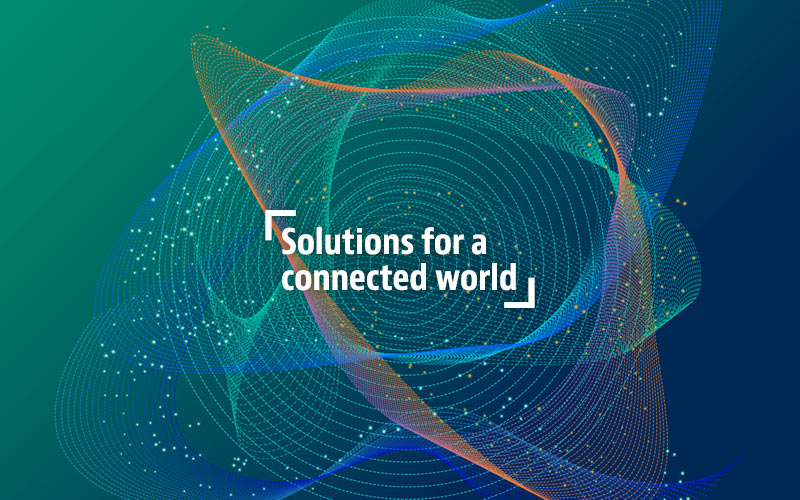Revolutionizing Coral Reef Conservation Through Deep Learning
Coral reefs, the vibrant underwater ecosystems that sustain a wealth of marine life, face escalating threats due to environmental changes. Conventional monitoring methods are proving insufficient in the wake of rapid ecological transformations. However, a groundbreaking solution has emerged in the form of deep learning, a cutting-edge technology that, when combined with underwater imaging, offers a non-invasive approach that has the potential to revolutionize coral reef management and understanding.
A New Era of Coral Image Segmentation
A recent study published in Geo-spatial Information Science sheds light on the immense impact of deep learning on improving underwater coral image segmentation. Led by a collaborative team from Wuhan University, this research harnesses advanced AI to enhance the accuracy and efficiency of coral reef surveillance, equipping environmental experts and conservationists with powerful new analytical tools.
Innovative Dataset and Analysis Techniques
Central to this study is the development and evaluation of a meticulously annotated dataset designed for the semantic segmentation of coral images—a crucial step in accurately distinguishing coral from other underwater elements. Through a comprehensive assessment of established and emerging deep learning models, researchers have evaluated their performance in real-world scenarios, particularly focusing on the generation of maps to monitor changes and assess the health of reef ecosystems.
Unraveling Deep Learning Strategies
Employing sophisticated machine learning strategies like convolutional neural networks and semantic segmentation, the team has tailored these techniques to overcome the challenges unique to underwater imaging, such as varying light conditions and visual distortions. Dr. Hanqi Zhang, one of the study’s co-authors, highlights the transformative potential of integrating deep learning into coral image segmentation, emphasizing its role in enhancing environmental threat monitoring and conservation efforts.
Impact on Marine Biology and Conservation
The insights gained from this research are poised to have far-reaching implications across marine biology and conservation fields. By refining image segmentation methodologies, experts can now produce high-resolution coral reef maps with unprecedented accuracy and efficiency. This advancement is critical for developing vigilant monitoring strategies and conservation plans essential for the preservation of coral reef ecosystems.
Conclusion
In conclusion, the integration of deep learning into underwater coral image segmentation represents a significant leap forward in our ability to safeguard and preserve these vital marine habitats. By leveraging cutting-edge technology and innovative analysis techniques, researchers are paving the way for a new era of coral reef conservation that promises to enhance our understanding and protection of these fragile ecosystems.
IntelliPrompt curated this article: Read the full story at the original source by clicking here




